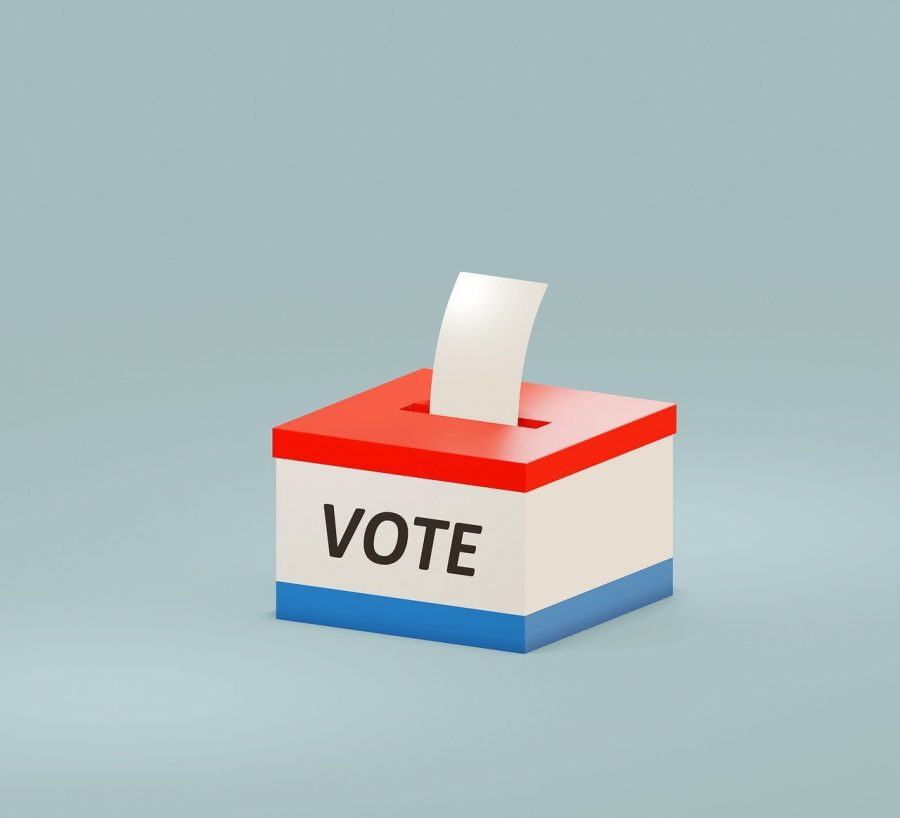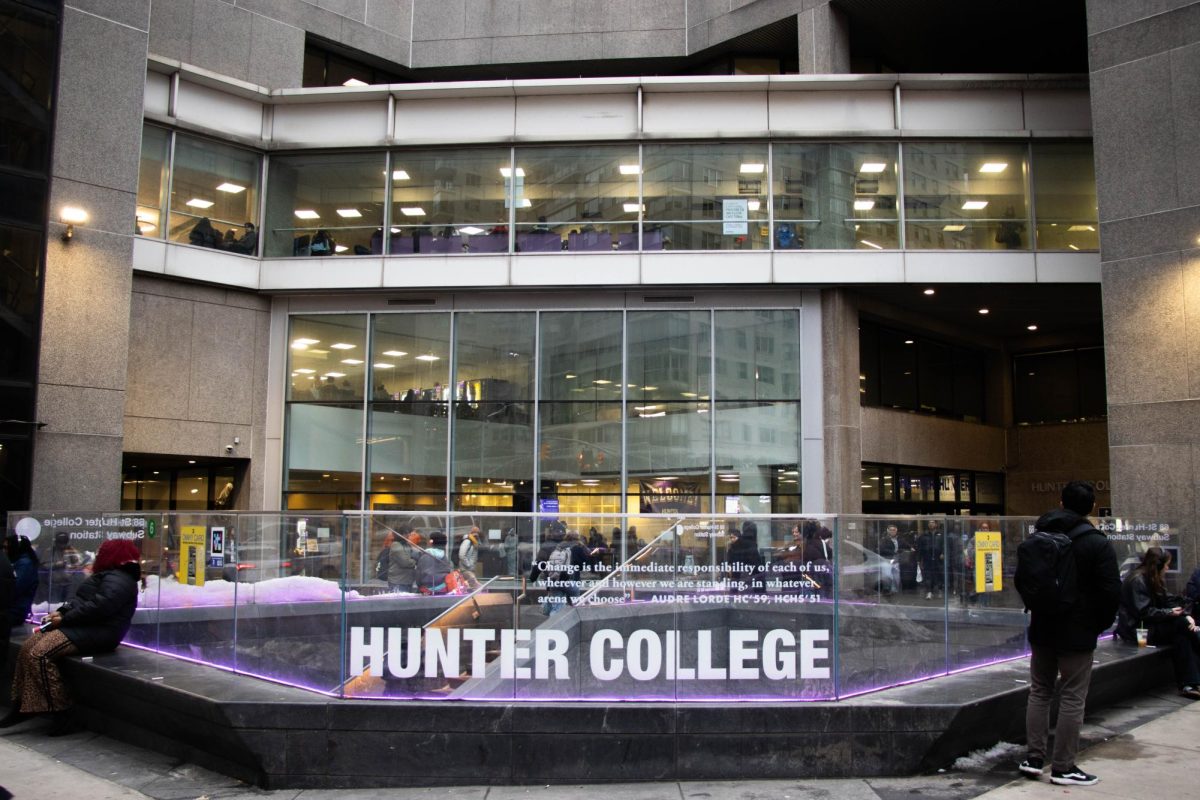On Election Day five years ago, 49.6% of eligible voters sat at home instead of voting, for a variety of reasons from lacking political knowledge to disliking both candidates.
While voting in the United States is an admirable action, it should not be mandatory.
By imposing a fine to punish the American people for not voting, leaders like Connecticut Sen. Will Haskell are disregarding a key reason people do not vote — a lack of representation in politics.
The way his proposed bill would have worked is starting in 2024, every eligible voter in the state of Connecticut would have an obligation to vote. If an eligible voter fails to cast a ballot, they will be required to provide an explanation as to why they decided against voting.
The worst part of this is that there would be legally acceptable reasons for not voting. These reasons include “traveling,” “medical reasoning” and a “conscientious objection.”
Failure to provide reasoning will lead to a $20 fine, though the subject of the fine can perform two hours of community service instead.
There are people who do participate in the primaries supporting one, sometimes multiple, candidates for a race and when the candidates of their choosing do not make the cut, they find themselves stuck.
In the 2016 presidential election, registered voters said that the main reason they chose not to vote was because they possessed a dislike for both candidates.
The phrase “the lesser of two evils” was heard all throughout the 2016 election, when it was just Hillary Clinton and former President Donald Trump as the two choices.
In his op-ed to the Hartford Courant, Haskell pointed out that United States saw a historical turnout for voting in the 2020 presidential election; 66.2% to be exact.
But what Haskell failed to acknowledge was the motivation to get Trump out of office after what the American people witnessed during the last four years of his presidency.
Haskell explained his reasoning behind his mandatory voting policy, saying the policy’s main objective is not to impose fines.
But Haskell’s supposed punishment of failing to adhere to mandatory voting is a pointless effort. There are people who could afford to pay a $20 fine with ease and still not vote.
Some argue that not only is voting considered a fundamental right and civic duty, but that if mandatory voting was enforced, political parties would be able to focus more on issues that matter to people and not worry about any financial obligations to encourage people to vote.
If Haskell is worried about voter turnout for future election cycles, he, along with his political colleagues, must make sure a couple of efforts take place.
The first is advocating for defeating the voter suppression system that affects not only disproportionally Black and brown communities but that also plagues the United States in key battleground states like Georgia.
The second is simply presenting a candidate that can excite everyone in the voting body, not just a specific age or ethnic group.
Nonetheless, voters have the choice to voice their opinions on who should lead the country. If a voter does not see an option for them during a particular election cycle, then it is only right that they sit that voting season out.
Mandatory voting contradicts what the main objective of a democracy is all about: giving the people a choice to act freely in the political landscape.








